Resurrecting Lalkuthi
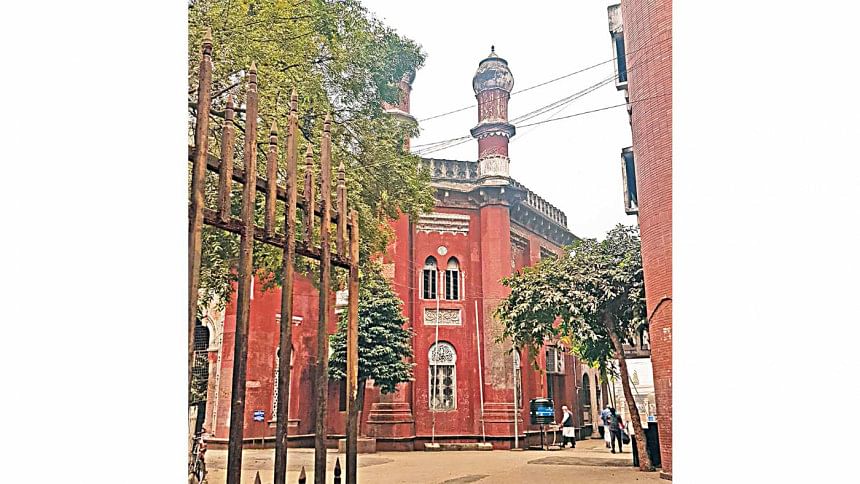
Northbrook Hall is historical. It had held a reception for Rabindranath Tagore. We will restore the hall for many legendary receptions like that.
Barely three bookshelves with broken doors, shattered glass panes scattered all over the floor and damp cobweb-ridden walls -- such is the scene inside Farashganj's Johnson Hall, also known as Lalkuthi.
Johnson Hall -- one of the oldest libraries in the city along with the entire Northbrook Hall complex -- is now home to insects, spiders and rats.
But there is a good news. Dhaka South City Corporation (DSCC) has taken an initiative to restore the hall complex, funded by the World Bank.
Heritage specialist Prof Abu Sayeed, also the consultant for the project, said they will bring back the library and the original design of Lalkuthi.
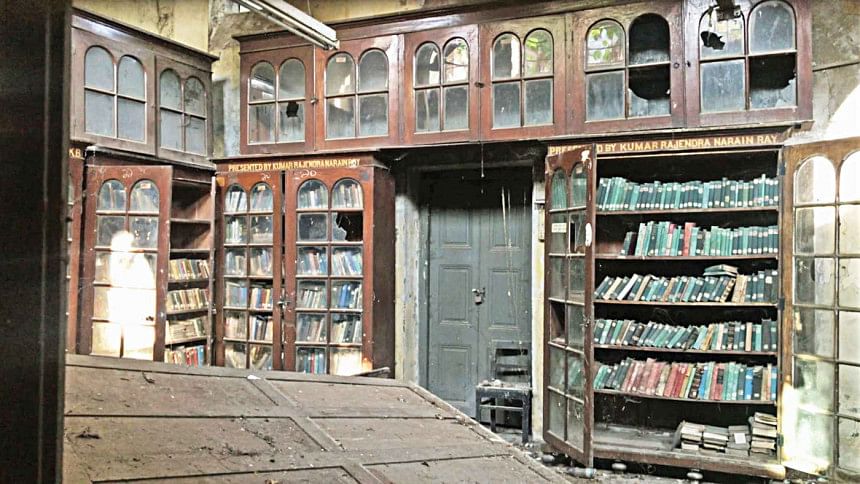
"Northbrook Hall is historical. It had held a reception for Rabindranath Tagore. We will restore the hall for many legendary receptions like that," he added.
DSCC chief town planner Sirajul Islam said, "We are following all the procedures of the World Bank for the restoration. Prof Abu Sayeed is a consultant from the Bangladesh side, working with other international heritage experts on the project. The landscaping is being done by specialists from a consulting firm."
"When we sent the plan to the World Bank, we had to send it in four stages -- cultural heritage management plan, approval documents, detailed engineering design and standard bidding documents," he added.
Siraj also mentioned that it will take around two months to complete the tender process and will take around one and a half years to complete the whole work.
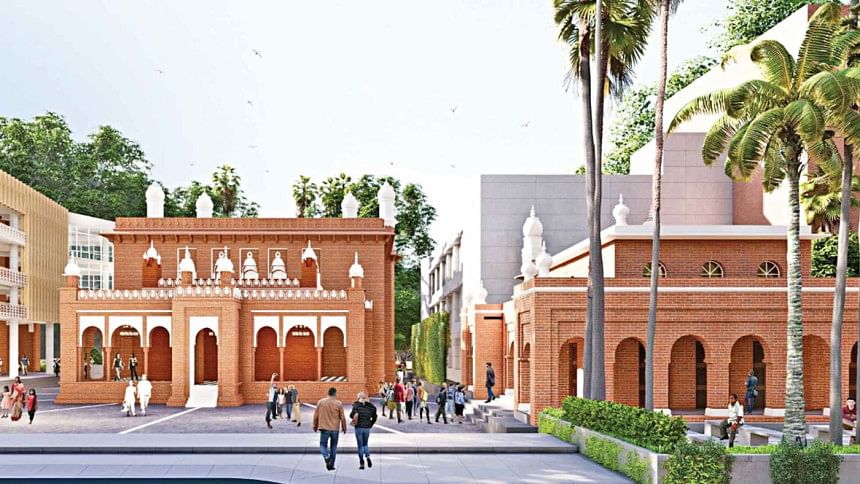
A PROLIFIC HISTORY
Northbrook Hall, an elegant structure also known as Lalkuthi, is situated in Farashganj's Wiseghat, on the bank of the Buriganga.
In 1874, then Governor General and Viceroy of India (May 1872- April 1876) Thomas George Baring, Lord Northbrook, came to visit Dhaka.
The tenure was marked by agrarian unrest in Bengal. To make the viceroy's visit memorable, Raja Rai Bahadur, along with eminent zamindars and affluent citizens of Dhaka, donated Tk 10,000 and Tk 5,000 each to build the Town Hall in 1879.
A total of Tk 70,000 was spent on it. Due to the efforts of Zamindar Abhay Chandra Das, Bhawal Raja Kumar Rajendra Namyani Roy and Dhaka's Nawab Ahsanullah Khan Bahadur stepped forward to establish Northbrook Town Hall and the adjacent library.
The hall was inaugurated on May 24, 1880, marking the birth anniversary of Queen Victoria by the commissioner of Dhaka. Nawab Abdul Ghani's personal orchestra was brought in to entertain the commissioner and other guests during the inauguration ceremony.
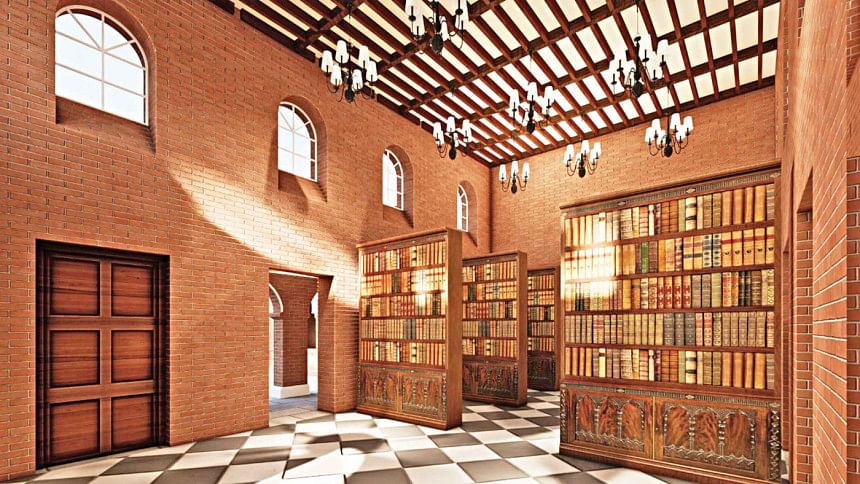
On February 8, 1882, a public library was added on the southeast side of the Hall, which opened in 1887 with a collection of 1,000 books. Later, it was named the Johnson Hall and attained fame for its literary collection.
After almost 46 years, Rabindranath Tagore was given a grand reception on February 7, 1926, in the hall by Dhaka Municipality and People's Association.
The structure was the property of Dhaka Municipal Corporation.
In 1950, Northbrook Hall was being used as a telegram office, and later as the Central Women's College. The road adjacent to the structure was named Northbrook Hall Road.
However, many books from the hall's enriched collection were ruined during the Liberation War in 1971.
Many donations were made by patrons from India to re-establish the library. The Maharaja of Tripura and Zamindar of Baliati Brojendra Kumar Roy donated Tk 1,000 each. Queen Shornomoi donated Tk 700, while Bishaishori Devi donated Tk 500.
The structure has lost its attraction now because of the new ones such as the Farashganj club building, assembly halls, and community centres that were built on the same premises and surrounded it from all sides.

 For all latest news, follow The Daily Star's Google News channel.
For all latest news, follow The Daily Star's Google News channel. 

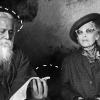
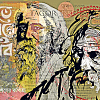

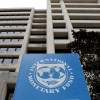
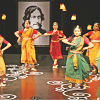

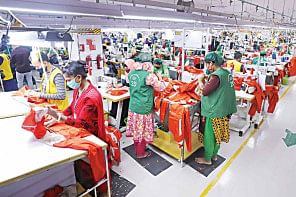
Comments